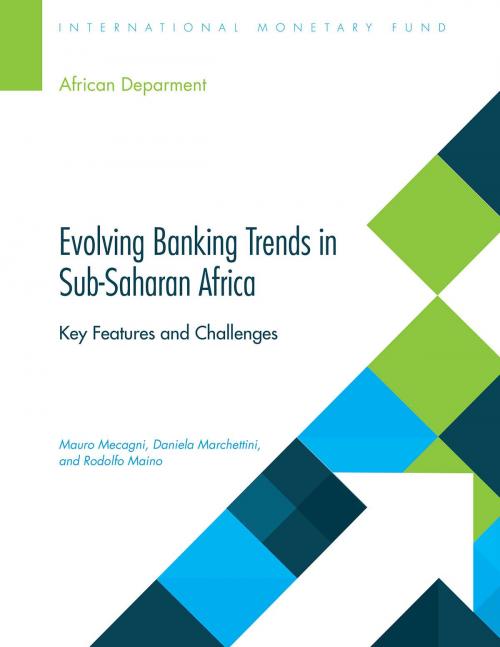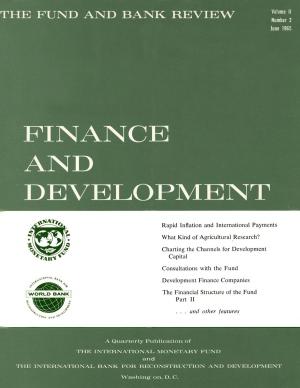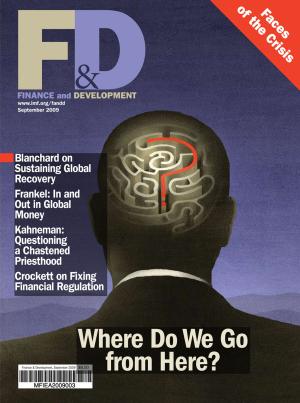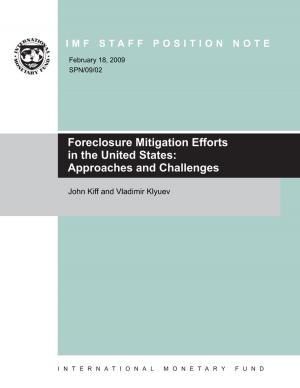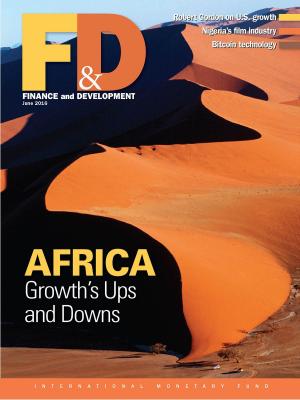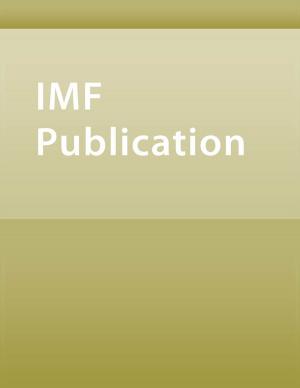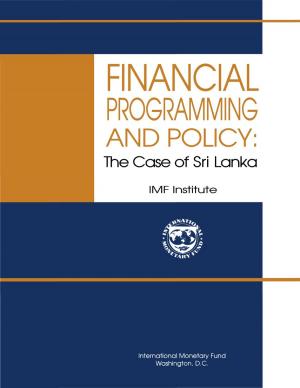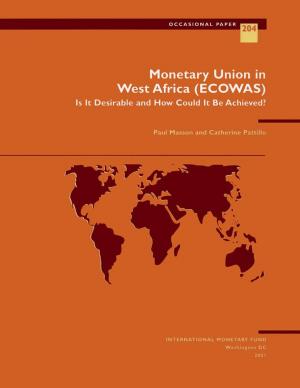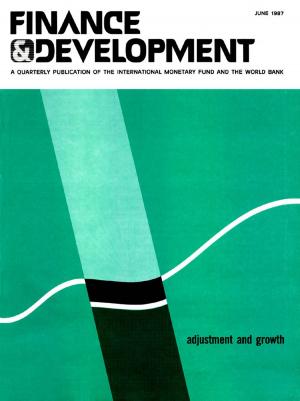Evolving Banking Trends in Sub-Saharan Africa
Key Features and Challenges
Business & Finance, Finance & Investing, Banks & Banking| Author: | Mauro Mr. Mecagni, Daniela Marchettini, Rodolfo Mr. Maino | ISBN: | 9781513501758 |
| Publisher: | INTERNATIONAL MONETARY FUND | Publication: | September 16, 2015 |
| Imprint: | INTERNATIONAL MONETARY FUND | Language: | English |
| Author: | Mauro Mr. Mecagni, Daniela Marchettini, Rodolfo Mr. Maino |
| ISBN: | 9781513501758 |
| Publisher: | INTERNATIONAL MONETARY FUND |
| Publication: | September 16, 2015 |
| Imprint: | INTERNATIONAL MONETARY FUND |
| Language: | English |
Banking in SSA has undergone very significant changes over the last two decades. Financial liberalization and related reforms, upgrades in institutional and more recently the expansion of cross-border banking activities and the rapid development of Pan-African banking groups are signaling greater financial integration and significant changes in the African banking and financial landscape. Nonetheless, excess liquidity in many countries reflects limited lending opportunities and, despite improvements, asset quality and provisioning remain comparatively low. Dollarization has also been a persistent characteristic in several natural resource-dependent economies. This paper discusses key stylized facts and trends of banking development in SSA, looking at a variety of dimensions such as size, depth, soundness, and efficiency. It also assess the rapid expansion of pan-African banking groups, which have overtaken the role of the European and U.S. banks that had traditionally dominated banking activities in SSA, creating significant cross-border networks and becoming the largest participants in new syndicates and large bilateral loans to finance infrastructure development.
Banking in SSA has undergone very significant changes over the last two decades. Financial liberalization and related reforms, upgrades in institutional and more recently the expansion of cross-border banking activities and the rapid development of Pan-African banking groups are signaling greater financial integration and significant changes in the African banking and financial landscape. Nonetheless, excess liquidity in many countries reflects limited lending opportunities and, despite improvements, asset quality and provisioning remain comparatively low. Dollarization has also been a persistent characteristic in several natural resource-dependent economies. This paper discusses key stylized facts and trends of banking development in SSA, looking at a variety of dimensions such as size, depth, soundness, and efficiency. It also assess the rapid expansion of pan-African banking groups, which have overtaken the role of the European and U.S. banks that had traditionally dominated banking activities in SSA, creating significant cross-border networks and becoming the largest participants in new syndicates and large bilateral loans to finance infrastructure development.
